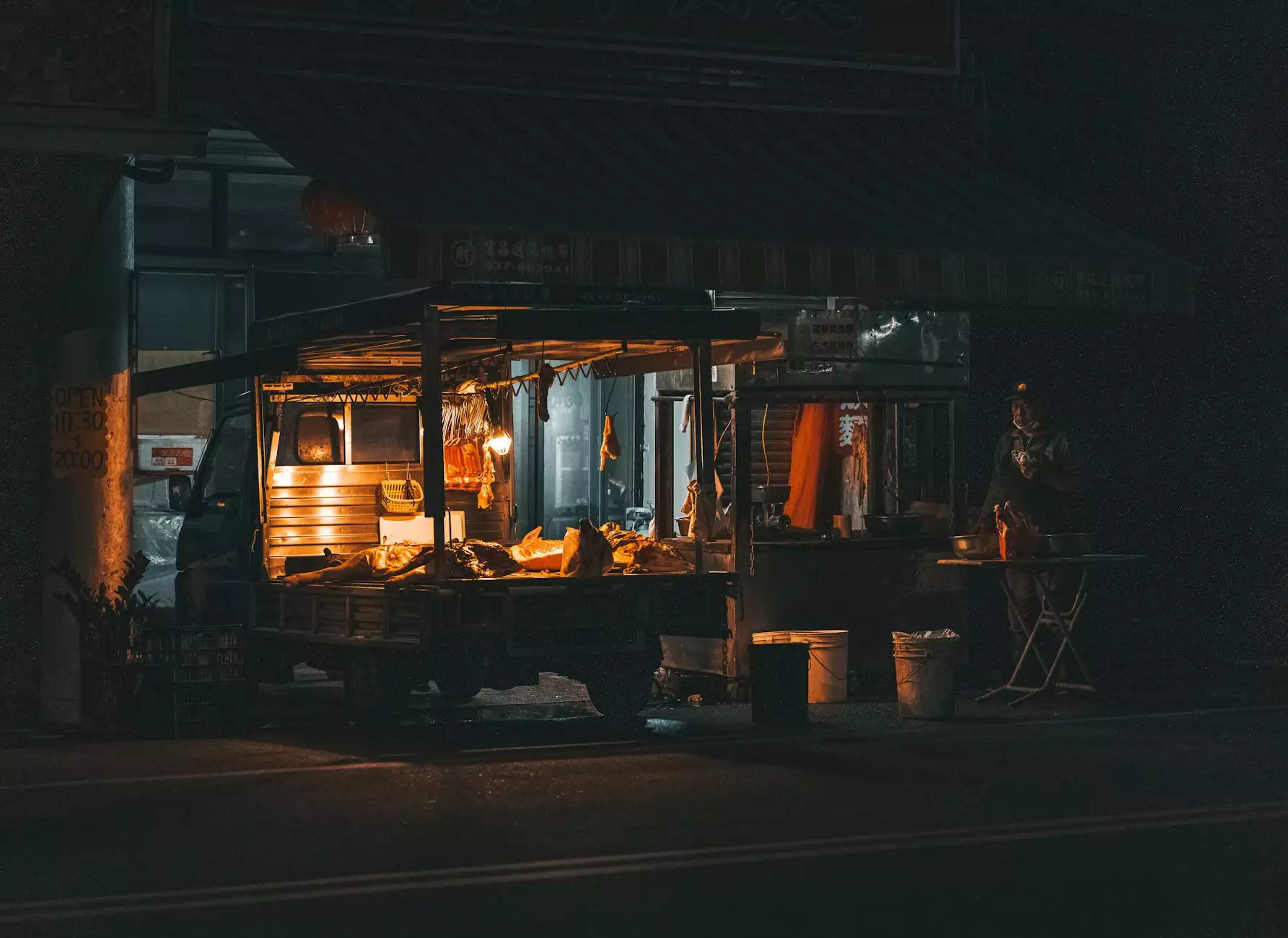Discovering the Perfect Meat Butcher: A Comprehensive Guide

When it comes to sourcing high-quality meats, having a reliable meat butcher is crucial. The art of butchery is an age-old craft that melds tradition with culinary expertise. Whether you are a home cook, a chef, or a meat enthusiast, understanding the nuances of selecting the right butcher can elevate your culinary creations to new heights.
The Importance of a Quality Meat Butcher
A skilled meat butcher doesn't just sell meat; they play a vital role in the food supply chain by ensuring the freshness and quality of the products they offer. Here are several reasons why choosing the right butcher is essential:
- Quality Assurance: A reputable butcher ensures that all meats are sourced from trusted suppliers, maintaining high standards of hygiene and freshness.
- Expert Advice: Butchers provide insights on the best cuts for specific dishes and how to prepare them to perfection.
- Personalization: Many butchers offer custom cuts and can fulfill specific requests tailored to your cooking needs.
- Support Local Businesses: Shopping at a local butcher shop helps sustain local farmers and contributes to your community’s economy.
Understanding Different Types of Meat Butchers
In the realm of meat shops, you’ll encounter a variety of butchers, each specializing in different kinds of meat and preparations.
1. Traditional Butchers
Traditional butchers specialize in the classic cuts of beef, pork, lamb, and poultry. These artisans are well-versed in the anatomy of animals and can provide expert advice on preparation methods and cooking techniques.
2. Specialty Meat Shops
Some butchers focus on specific meats or styles, such as game meats, organic, or grass-fed options. These specialty shops often cater to culinary enthusiasts seeking unique flavors and higher-quality products.
3. Imported Meat Suppliers
Butchers that focus on imported meats offer a diverse range of selections, such as Wagyu beef from Japan or Italian prosciutto. They cater to those looking for exotic and premium meats that may be hard to find elsewhere.
Factors to Consider When Choosing a Meat Butcher
Choosing a butcher goes beyond just convenience; it involves several key factors that ensure you get the best possible quality and service.
1. Quality and Freshness
One of the most critical aspects is to assess the overall quality and freshness of the meats available. Look for butchers who display their products openly and keep everything well-organized. Fresh meats should be bright in color with no unpleasant odors.
2. Certifications and Sourcing Practices
Inquire about the butcher's sourcing practices. Reputable butchers should be transparent about where their meats come from and their compliance with food safety standards. Certifications such as USDA Organic, Grass-Fed, or free-range can also indicate quality.
3. Customer Service
Exceptional customer service is a hallmark of a great butcher. Look for butchers who are willing to answer your questions, provide recommendations, and accommodate your specific needs.
4. Community Reputation
Word-of-mouth is invaluable. Ask friends, family, or culinary forums for butcher recommendations. A butcher with a strong community reputation is often a good choice.
Maximizing Your Experience at the Meat Shop
Once you've chosen a butcher, here are some tips to maximize your shopping experience:
1. Build a Relationship
Developing a rapport with your butcher can lead to better service and special offerings. A good butcher will remember your preferences and provide personalized recommendations.
2. Ask for Recommendations
Do not hesitate to ask your butcher for advice on cuts for specific recipes. Professional butchers are passionate about their craft and can suggest the best approaches to cooking various meats.
3. Explore New Cuts
Don't be afraid to experiment with less common cuts of meat. Your butcher can help you discover new flavors and textures that can transform your cooking.
The Role of Butchers in Culinary Tradition
Throughout history, butchers have played a vital role in culinary traditions and practices. Meat preparation and preservation techniques have evolved over the centuries, yet the core skills of a butcher remain rooted in artisanal craftsmanship.
The Butchery Artisanship
Butchering is not merely a trade; it’s an art form. Skilled butchers have a deep understanding of muscle groups and how different cuts interact with various cooking methods. The art of butchery involves:
- Precision cutting techniques to maximize yield and minimize waste.
- Knowledge of aging processes, such as dry-aging or wet-aging, to enhance flavor.
- Utilizing every part of the animal to promote sustainability and reduce waste.
Culinary Heritage and Local Traditions
Each community often has its unique butchering traditions that reflect the local culture and agricultural practices. Support for local butchers helps preserve these traditions and ensures the continuation of quality meat preparation in the community.
Conclusion: Elevate Your Culinary Adventures with A Trusted Meat Butcher
Choosing the right meat butcher is an investment in quality, flavor, and culinary expertise. With the right knowledge and resources, you can enjoy a superior meat selection that enhances your cooking and dining experience. Remember, buying meat is more than just a transaction; it’s about forging a relationship with a craftsman who understands the intricacies of their trade.
Next time you need meat, consider exploring the offerings at local butcher shops. Visit uymeats.com.uy to discover premium imported foods and the finest selection of meats, where tradition meets quality.



